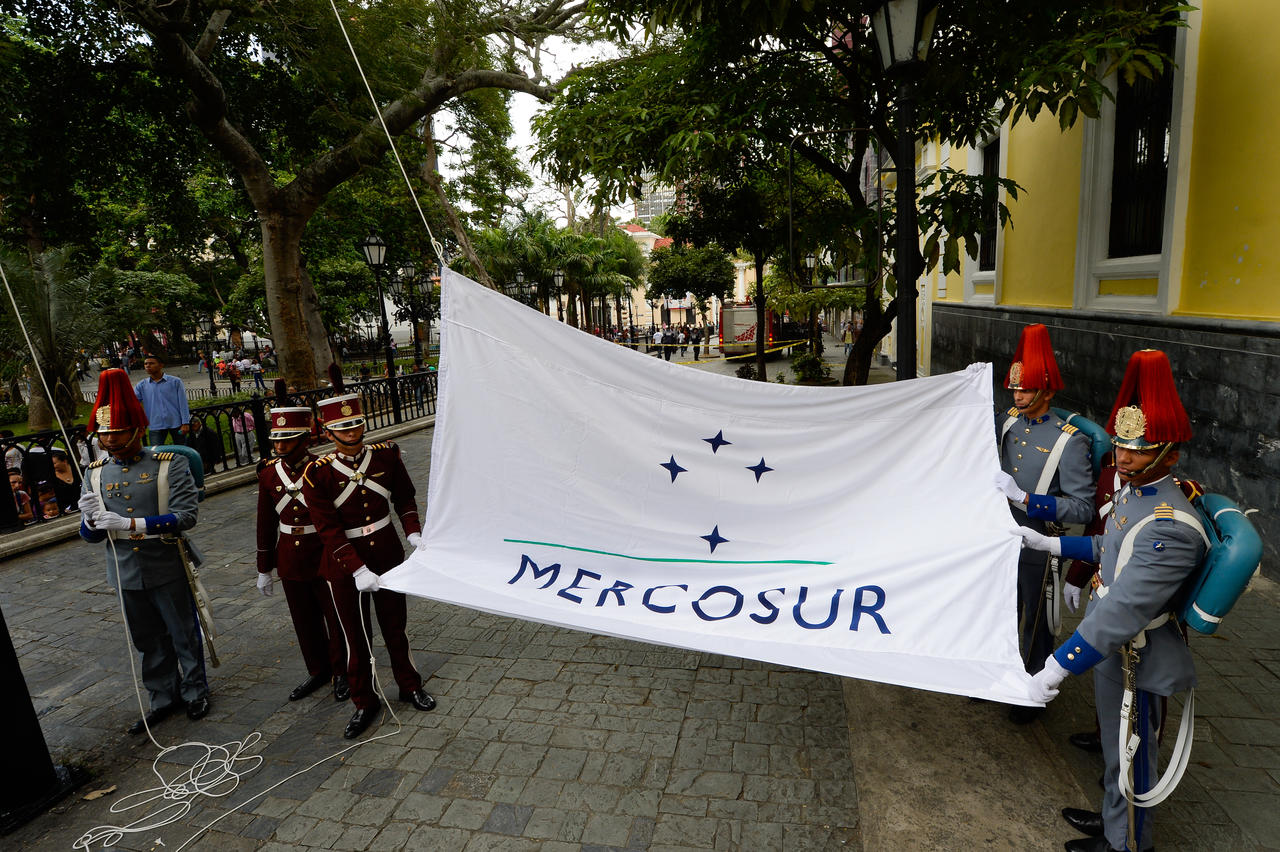Morocco negotiates FTA with Mercosur
North Africa Post | 20 November 2017
Morocco negotiates FTA with Mercosur
Morocco and the Mercosur- a sub-regional Latin-American grouping bringing together Argentina, Brazil, Paraguay and Uruguay- have recently started technical negotiations to pave the way for the conclusion of a Free Trade Agreement.
To that end, a meeting was held at the headquarters of the Brazilian foreign ministry, where the Moroccan delegation shed light on the measures taken in the kingdom to promote economic openness through a series of FTAs and preferential trade accords signed with several countries and regional groupings along with the domestic policy to improve the business climate.
The Moroccan delegation included officials from the Ministry of Industry, Trade and Digital Economy as well as members of the Moroccan Agency for the Promotion of Investments and Exports.
The delegation members also highlighted the progress achieved in terms of facilitating trade through the setting up of single customs window.
The Mercosur delegation, for its part, gave an overview of the regional economic grouping as well as details concerning the group’s common external tariff in addition to the different industrial and trade policies of Mercosur member states.
The participants in the meeting also briefed their Moroccan counterparts of the progress made in FTA negotiations with the EU, Canada, South Korea, Japan, Egypt, Tunisia and Lebanon.
“Reaching an FTA between Morocco and Mercosur will add impetus to Morocco’s exports,” said Morocco’s Ambassador to Brasilia, Nabil Adghoghi, in a statement to the Moroccan news agency (MAP).
Such an agreement will also enable Morocco to reinforce its standing and attractiveness as a logistics, trade and industrial hub in Africa, the Mediterranean and the Middle East, he said.
The FTA with Mercosur will also help Morocco become a platform for Latin American businesses wishing to export to Europe, Africa, the Middle East and beyond.






